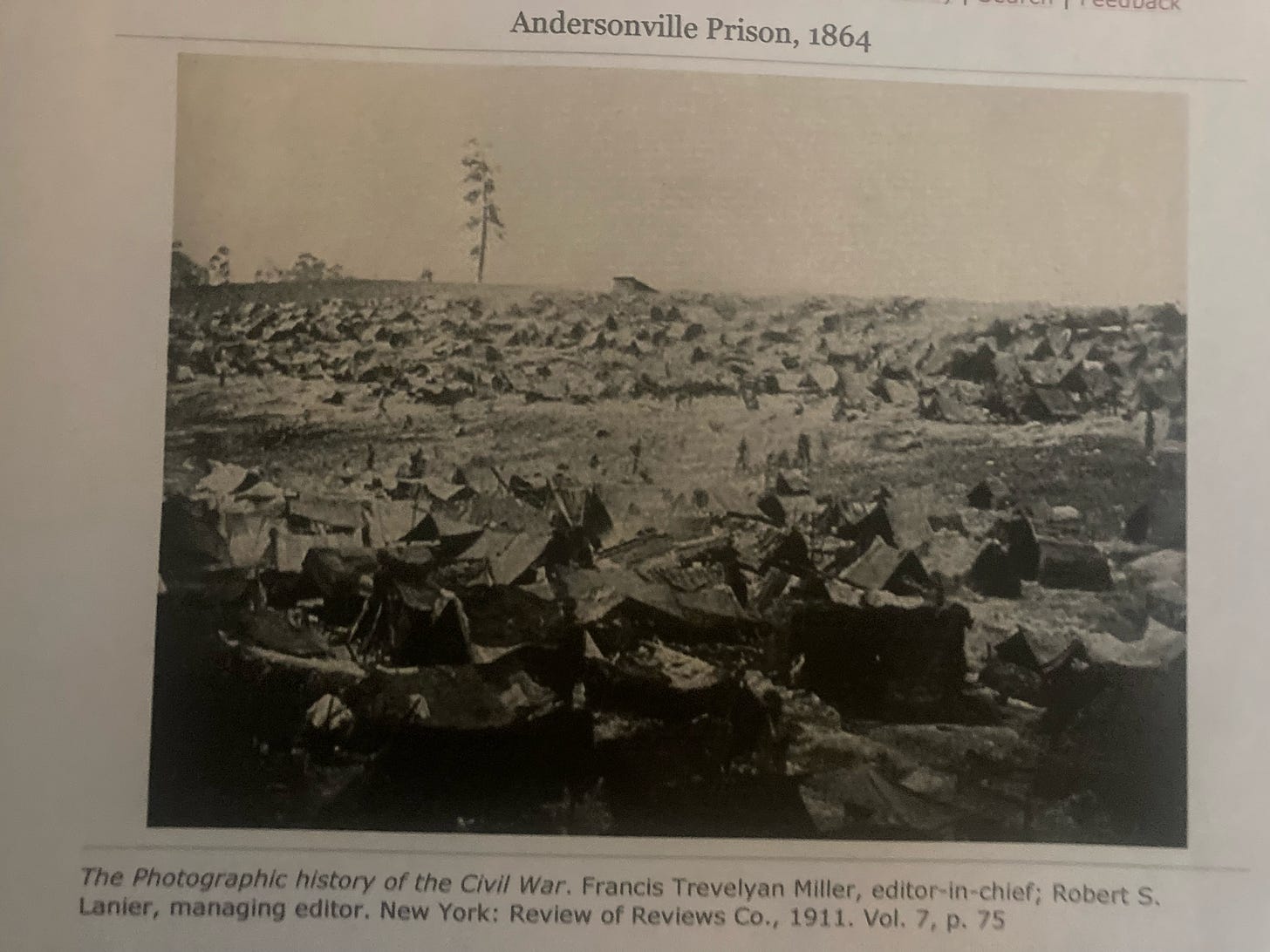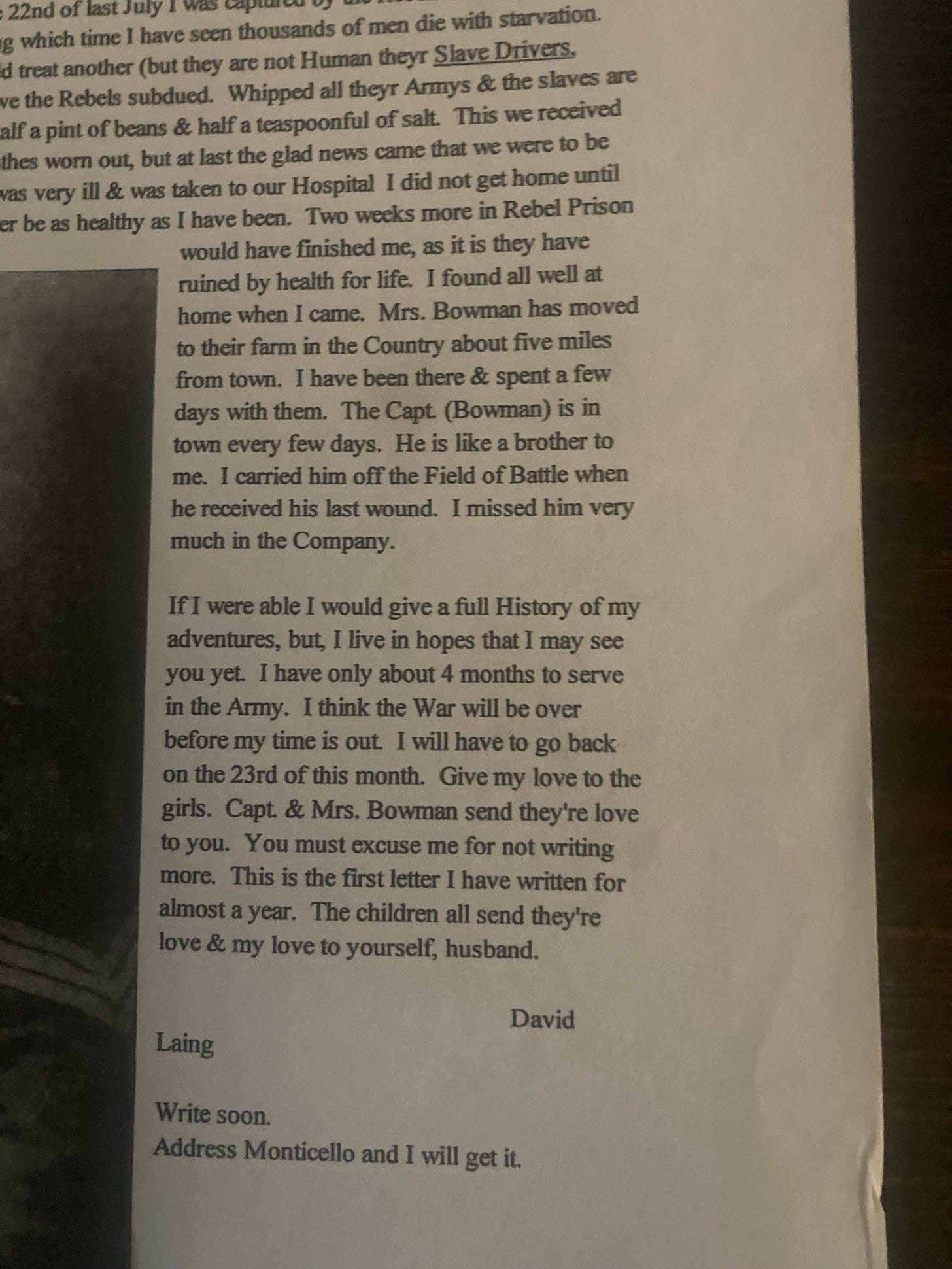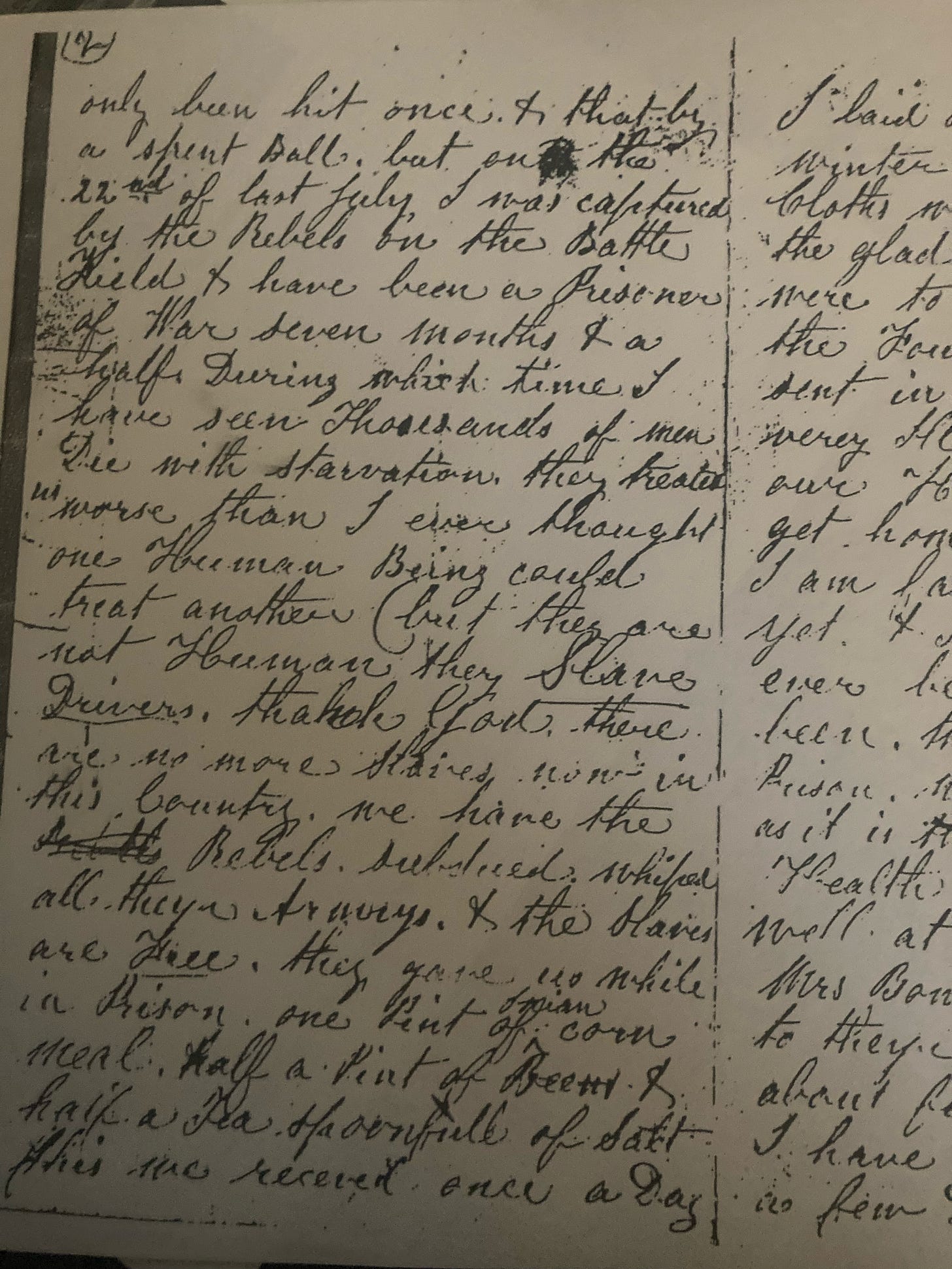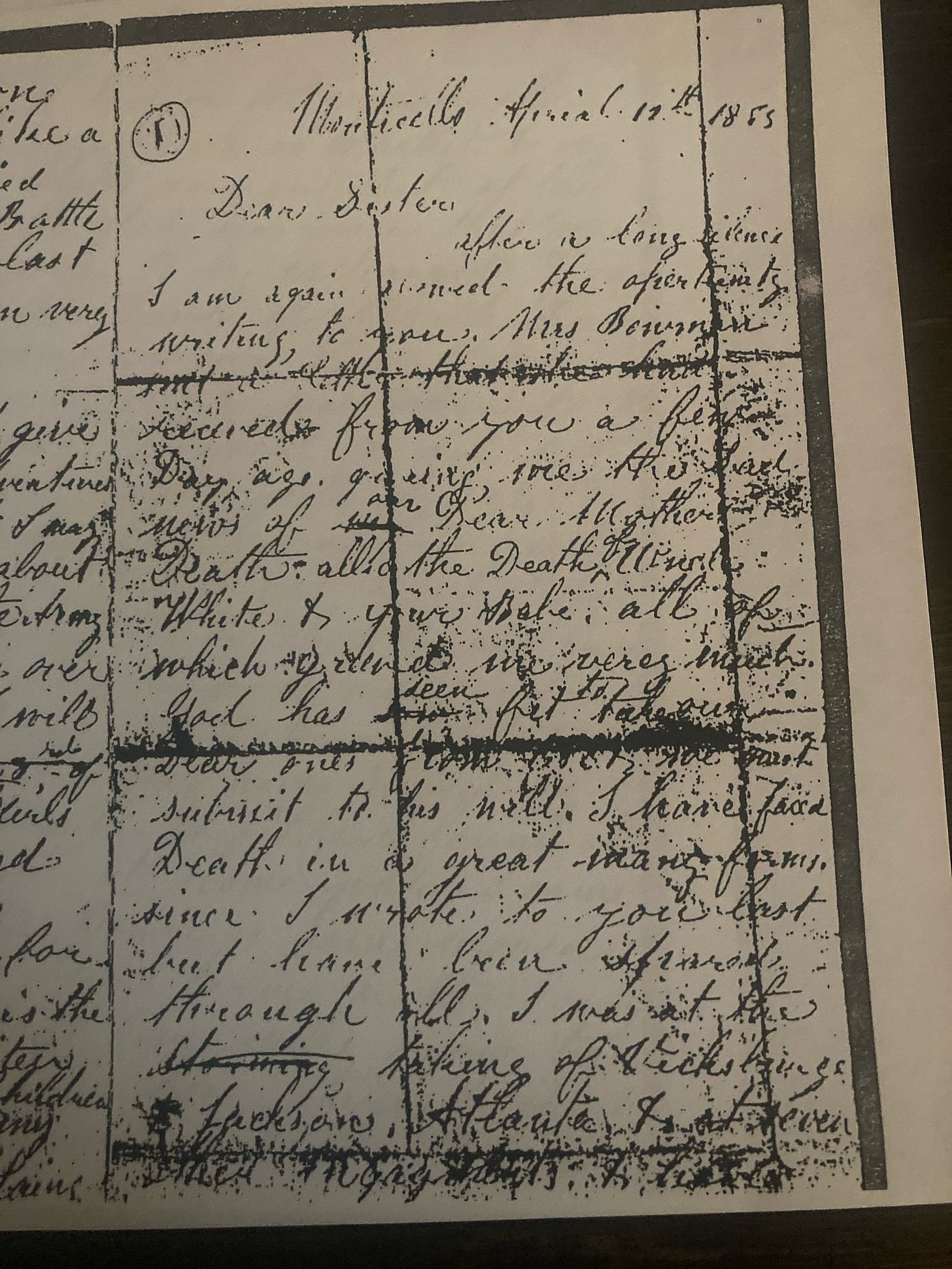On The New Slavery
Musings on a high school history teacher who believed the South won the Civil War.
When I was thirteen, I took an introductory philosophy course at my local university. The professor was a hippie progressive former prodigy from Germany who taught the Dao De Ching and the Tractatus Logico-Philosophicus alongside Aristotle and Descartes. He rode a bike to class and had a long pony tail and he slowly became more esoteric and arcane throughout his time on this earth for which I am thankful.
But I wonder too about the establishment intellectuals who are thoroughgoingly American in their origin.
Mr. Joseph Joeb smoked a corn cob pipe. He had long, yellow fingernails, a bald head and a white beard like Anton Lavey. He always wore a suit. He taught philosophy and history and was in the MENSA of MENSA. He screened Kubrick’s film 2001 and read the opening of Thus Spake Zarathustra aloud to us and then laughed at Warner Brothers cartoons for more of the semester than he should have. He liked me, for better or for worse. One thing that sticks with me now—
Why did he say that the South had won the Civil War?
These are documents from my family history indicating prisoner of war status of an ancestor of mine who was captured by the Confederates and held at length.
They are not human, he writes of his captors. They are slave drivers.
I have seen official videos from United States Military officials explaining the history of the Civil War and its relation to states’ rights and slavery. But no messaging quite defies some very simple reasoning.
If the Civil War was fought by the North against the South in pursuit of the abolition of slavery, and the North won that war, then why is there still slavery protected “as a punishment for crime whereof the party shall have been duly convicted” by the 13th Amendment?
Either the Civil War was not truly about the abolition of slavery, in which case the North may have been fighting against states’ rights—or Mr. Joeb was not wrong—the South won the decisive battle of the Civil War.
You don’t have to stand for the Pledge of Allegiance, he used to say to students. But if he wanted you to, I realize today—you would fall.













